Decentralized exchanges (DEX's)
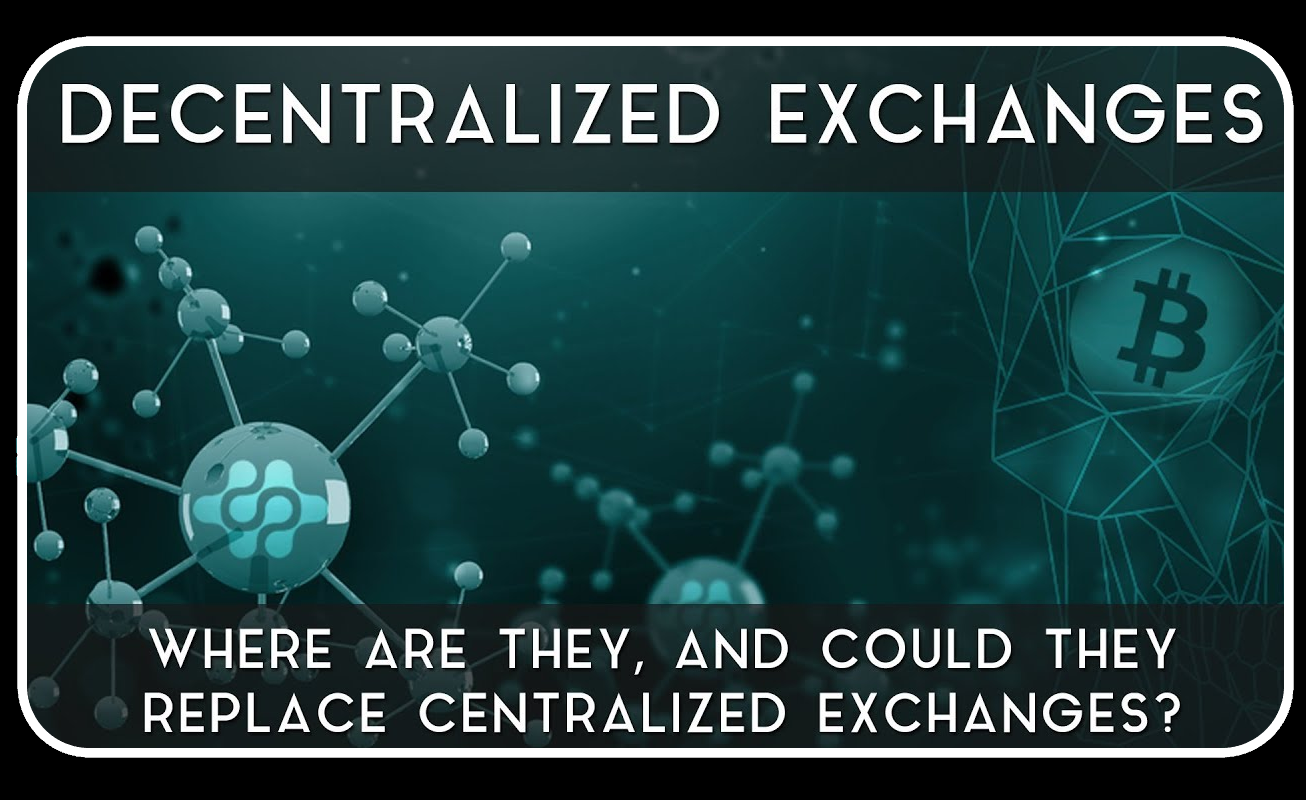
To better understand what a decentralized exchange is, it’s important to first understand what and how centralized exchanges work.

Take a centralized exchange like Gemini or Kraken where people can buy, sell, or trade cryptocurrencies.
You decide you want to buy some Bitcoin.
You can go to one of these centralized exchanges, sign up by providing some personal info, banking info and set up authentication measures, deposit some cash to then buy Bitcoin. This process can sometimes take days, which is one drawback of centralized exchanges vs. DEXs.
So, what happens now?
The exchange will show your Bitcoin in your account, and you can trade for other tokens on the exchange. But you don’t really hold them, because you’re entrusting the exchange to act as a "custodian" on your behalf. Any swapping you do, like trading Bitcoin for Ethereum, is not happening on a blockchain but within the exchange’s database and the exchange controls your private keys.
Another potential downside to any centralized exchange is that they can limit your access to whatever asset your purchasing using their platform. They can restrict or halt your ability to trade it, or even fall vulnerable to hackers. We've seen this with Robinhood.
Though these are possible risks to note, on the other hand, centralized exchanges are generally far easier to use for newcomers, and they can generally offer fast trading as they’re not bound by blockchain infrastructure. For us in Hawaii, Gemini and Kraken have been the best options for anyone a little intimidated by the process of buying crypto. For anyone curious about cryptocurrencies and feel just fine with these centralized exchanges acting as a custodian of their funds.

A decentralized exchange uses smart contract (automatically-executed protocols) to facilitate trading peer to peer, or between individuals without taking control of their crypto.
DEXs approach this in one of three ways. As an on-chain order book, an off-chain order book, or as an automated market maker.
With an on-chain order book, every transaction is written onto a blockchain. Not just the actual purchase, but also the request to purchase or cancel an order. It’s the ultimate in decentralization, but the need to put everything on a blockchain can make it more expensive and slower.
With off-chain order books, all of this happens elsewhere, with only the final transaction settled on the blockchain. Since orders aren’t stored on-chain, this method can run into some of the security issues of centralized exchanges but isn’t as slow or costly as on-chain order books.
Automated market makers (AMM's) ditch the order books. With order books if you have Cardano (ADA) and want Solana (SOL) you'd need to have someone with ADA who wants SOL and is willing to trade at an "agreed-upon price". AMMs remove counter-parties and introduce algorithms to set the price, letting you trade ADA for SOL regardless of whether there’s someone on the other end of the trade. To facilitate this, they typically use “liquidity pools,” essentially paying users to keep some of their funds in a smart contract that can then be tapped into for trades. Individual users, therefore, play a key role in facilitating trades.

Private
Decentralized exchanges don’t ask American citizens to enter private information, such as social security numbers or addresses, that centralized exchanges are compelled to require as part of the Bank Secrecy Act. Thus far, because DEXs don’t take control of assets, they’ve fallen outside such regulations.
Plenty of Options
DEXs such as Uniswap allow anyone to create a token pair. You can mint a new token and start swapping it for a friend’s token instantly. In this way, DEXs allow people to own tokens to use in decentralized finance (DeFi), services that allow them to save, borrow, lend, or trade without going through a bank or other financial institution.
Less Risk
Since your coins aren’t being held in a centralized exchange but in a wallet with private keys you hold, you’re immune to hacks. And even though centralized exchanges can go down for maintenance, on a DEX you can keep trading.

No Link to Bank Cards
Decentralized exchanges only work with cryptocurrency assets and not fiat (like USD), as enabling crypto-to-fiat would require involvement with banks. (Dollar transactions can’t settle instantly like blockchain-based ones.) Therefore, you have to already have cryptocurrency assets in order to use a decentralized exchange.
Complexity
Uniswap and many other DEXs are built atop the Ethereum blockchain. Any tokens traded there must be on the Ethereum blockchain, too. That means no Bitcoin and a lot of other popular tokens from competing blockchains. In fact, that technically means no ETH. Users must instead convert their ETH to “Wrapped Ether” (WETH) which is equal in price to ETH so they can trade.
No Customer Service
Centralized exchanges work kind of like banks. They have customers whom they mostly want to keep happy. But in a truly decentralized exchange, there is no actor on the other end. The developers who created the protocol don’t have the same relationship with users. While there are whole communities of DEX users, you’re responsible for your own money.
Decentralized exchanges generally try to embrace blockchain’s ethos of “trustlessness” and privacy. Your tokens remain in your possession until you trade them. Some people find that reassuring from a security perspective. For others, that level of responsibility is intimidating, and the risks are concerning.
DEX advocates mostly agree: those are the tradeoffs for true decentralization.
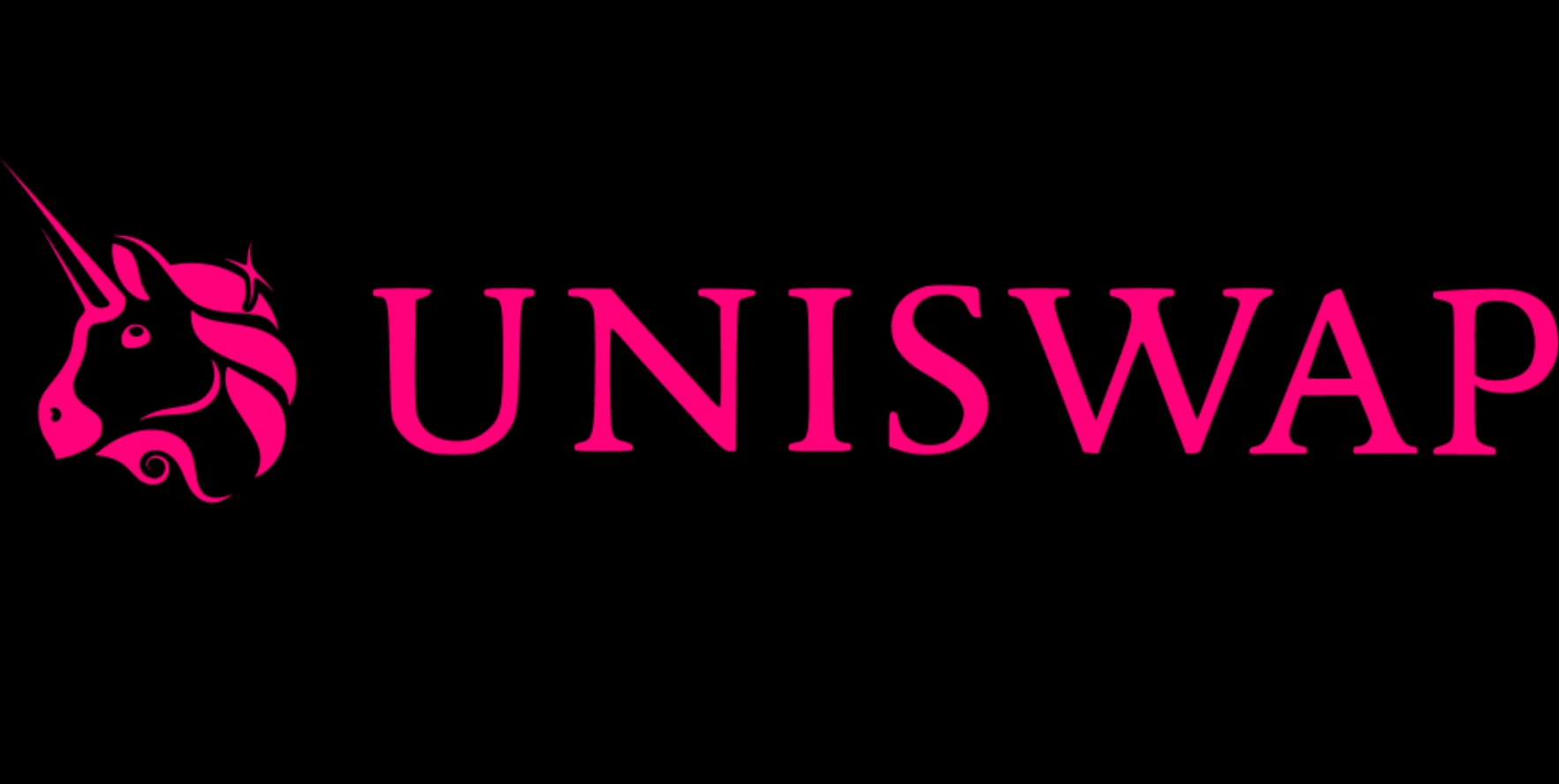
Uniswap is the one I generally use most. For any ERC-20 token (built on the Ethereum network). Uniswap, has the largest trading volume of any DEX. Just connect your MetaMask wallet or other web-wallet and trade. Check out How Uniswap works to see just how this dex functions.
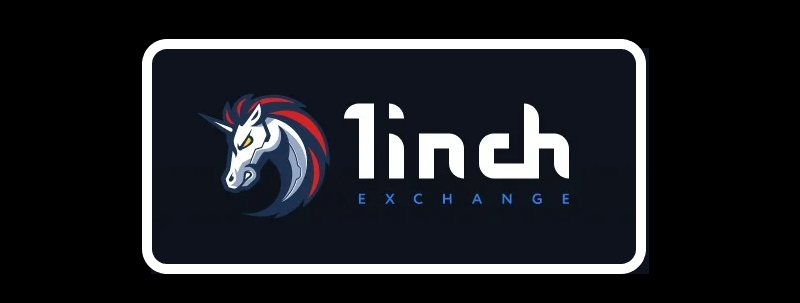
1inch is a DEX Aggregator. A DEX aggregator combines cryptocurrency pricing information from the order books of multiple decentralized exchanges. Bringing you some of the best price action on most tokens. There's something called "token wrapping" which I'll get into in another post but essentially wrapped tokens are ERC-20 tokens that have a value that is identical to another asset that it represents, either by getting backed one-to-one with the underlying asset or through a smart contract. For example, wrapped bitcoin is a token that is worth the same as one BTC at any time. I'd prefer to just buy the "original" but this process could be very benefiting for multiple reasons. Mostly political in the crypto world.

SushiSwap is a fork (pretty much an extension) of Uniswap with some key differences, most notably the SUSHI token. It's a community-owned, community-run crypto exchange built on the Ethereum network. Instead of an order book, SushiSwap uses a mechanism called automated market-making (AMM), which leverages smart contracts to create and manage liquidity pools of tokens that users can then tap into to swap
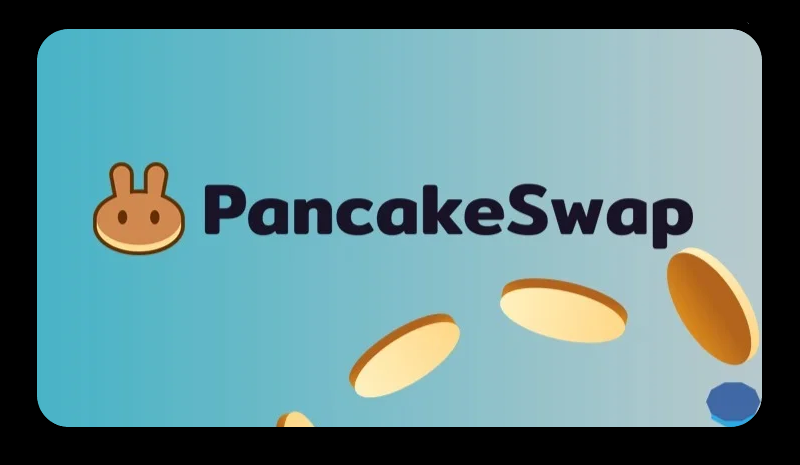
and PancakeSwap, the Binance Smart Chain answer to SushiSwap. PancakeSwap is a decentralized finance application running on Binance Smart Chain. Looking past the creative name, PancakeSwap is fundamentally Ethereum's SushiSwap running on the Binance Smart Chain with the bonus of quicker and cheaper transactions for users.
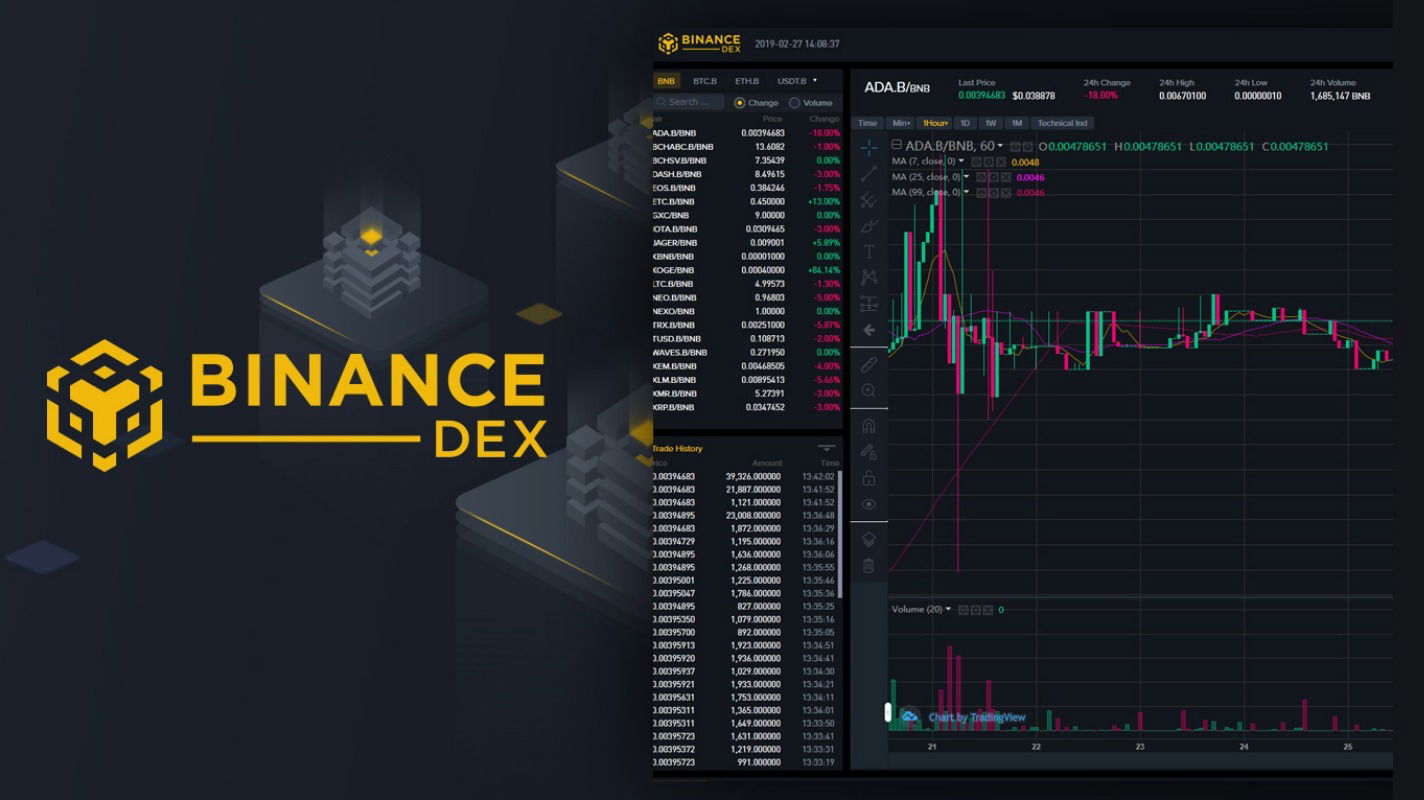
Binance DEX This list wouldn't be complete without naming this gem. As the name suggests, Binance DEX runs on the Binance block-chain network. There's a great deal of tokens we cant get on UNI or 1inch that we can on Binance DEX. Only thing is, yep, you guessed it! Regulations. Well, get yourself a VPN and your good to trade on this one. You could even build your own app on the Binance chain! If you really wanted to.

AirSwap Im mentioning Airswap for its simplicity. Though DEX's are getting easier and easier to use AirSwap is a peer-to-peer trading network for Ethereum (ERC20, ERC721) tokens. Using an Indexer smart contract, peers can find each other based on their mutual intent to trade specific tokens. Once found, peers exchange pricing information and settle trades on a Swap contract.
Conclusion:
Decentralized exchanges are autonomous decentralized applications (DApps) which permits for direct P2P (peer-to-peer) crypto transactions to exchange without having to give up control over their funds to any middleman. This way of doing things is completely different from centralized exchanges where customers hand over their cryptocurrency assets to the exchange, which acts as a middleman and essentially provides IOUs for customers to exchange with on the platform. Decentralized Exchanges were initially conceptualized to avoid the requirement for any authority to supervise & approve trades made within a particular exchange. Through the help of smart contracts, Decentralized Exchanges operate automated order books and trades. This makes them truly peer-to-peer exchanges.
Source: Top 10 DeFi Exchange Platforms in 2021 (blockchainappsdeveloper.com)